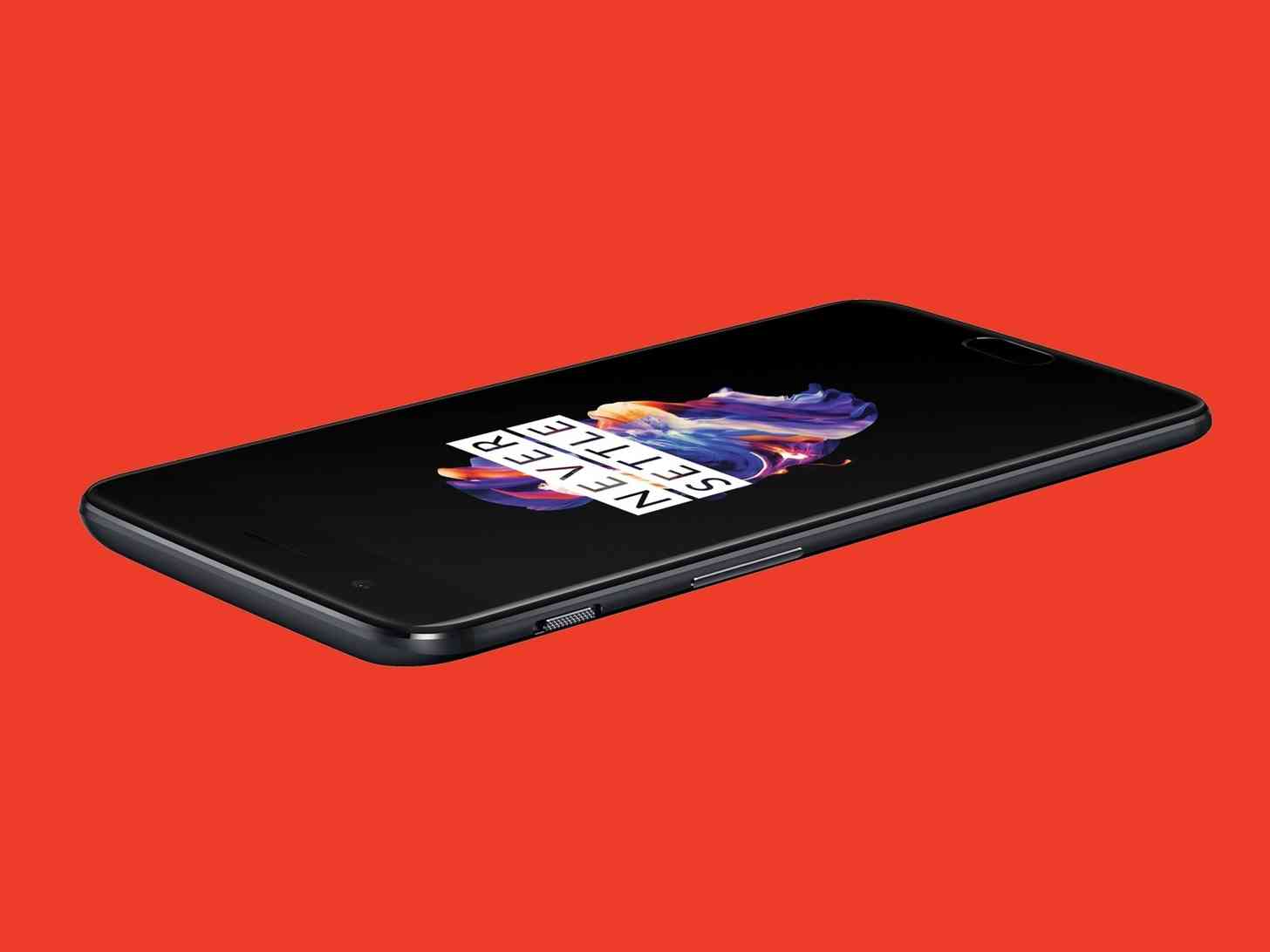
For the past several years, I tended to stick to the more popular brands of smartphones. HTC, Samsung, and Apple are the three that I tend to switch between the most, rarely straying from them for very long, if at all. As the years pass and technology improves and becomes more affordable, though, it’s evident that big companies are no longer the only sensible choices; smaller companies and start-ups can feasibly get in on the action as well, sometimes creating something that appeals on a wide scale. Such is the case for Chinese OEM OnePlus.
I’ve never owned a OnePlus, but the company has been on my radar for a while. Their earlier devices, the original OnePlus One and OnePlus 2, were only attainable by invite only early on. Demand was high and usually when they opened I wasn’t even in the market for a new phone, so I didn’t even try. The OnePlus 3 was the first OnePlus device to go invite-free, but again, when it launched I hadn’t been in the market for a new phone. Same goes for the OnePlus 3T, and now that the OnePlus 5 is official, I find I’m in the same boat. But for a company that has grown as much as it has in the past three years, I do feel that they deserve more recognition than they’ve been getting from me. As I watched the OnePlus 5 event yesterday, I will admit that I was pretty impressed with what I saw.
Looks-wise, there isn’t much to say about the OnePlus 5. To me, it looks like an awful lot like an iPhone. I don’t consider that to be a bad thing, but I also like the way the iPhone looks. The matte finish is a breath of fresh air from the glass fingerprint magnets that have been used on flagships like the Galaxy S6-S8 and now the HTC U11. The 5.5-inch screen has significant bezels around the edges and goes against the bezel-free trend of 2017, but I don’t really think it’s as big of a deal as it’s often made out to be. A single physical button and fingerprint sensor remains on the front of the device, which I would argue is a better placement than the Galaxy S8’s bizarrely placed sensor. Overall, nothing new, and nothing surprising.
The internals are what pleases me the most for a couple of reasons. The OnePlus 5 uses the latest Qualcomm Snapdragon 835 processor, which is the most powerful mobile processor on the market, and between 6 and 8GB of RAM. It also comes with a minimum of 64GB of internal storage and goes up to 128GB, double the 32GB that most manufacturers offer today. And while the phone “only” has a 1080p AMOLED display, I would argue that for most people it’s not that big of a deal; I myself have turned down my Galaxy S7’s native resolution of 1440 x 2560 down to full HD in an attempt to preserve battery life, and haven’t noticed since I turned it down months ago. It also features a headphone jack, Dash Charge, and a bloatware-free experience.
OnePlus was fairly up front regarding their cameras: they’re not the best, but they are pretty good with the dual-lens setup. However, no OIS renders even the highest megapixel count (the OnePlus 5 has 20 and 16-megapixel shooters on the back) useless in some situations. Still, it’s adequate for most people and many occasions. The 16-megapixel front-facing camera is also appealing for frequent selfie takers.
Finally, there’s the device’s 3,300 mAh battery. A sweet spot in between the Galaxy S7’s 3600 and Galaxy S8’s 3000 mAh batteries, the OnePlus 5’s battery seems perfectly normal for its size. According to demonstrations during the event, Dash Charge even replenishes the OnePlus 5’s battery faster than Samsung’s Fast Charge, and promises to deliver a full day’s charge in just 30 minutes.
It was revealed that the OnePlus 5 will retail for $479 – less than your typical flagship, but considerably more than many decently performing “budget” phones. I would argue that the surplus of decent cheap Android devices that have appeared on the market over the years have watered down the idea that a sub-$500 phone could still be considered a good deal, but I do think that the OnePlus 5 has a place for that price. With Nexus gone, there aren’t many bloatware-free phones around, much less for less than $500.
Overall, there are a lot of things to like about the OnePlus 5. It’s fast, it’s powerful, it has a headphone jack, and it doesn’t have bloat. The camera isn’t the best and its design is so last year with visible bezels, but for many people those things aren’t the most important. At a somewhat budget-friendly price of $479, I would say that the OnePlus, despite its flaws, is still worth checking out if you’re in the market for a new smartphone. It might just be exactly what you’re looking for.
Readers, now that it’s official, what are your thoughts on the OnePlus 5? Are you impressed with the new device or will you be skipping out on this one? Let us know your thoughts in the comments below!